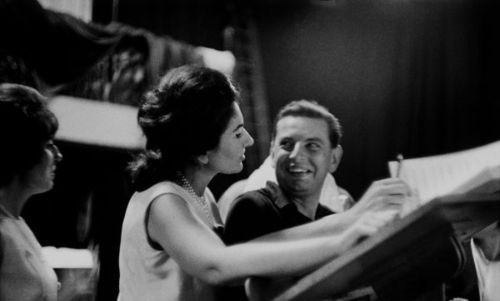Arts in the suburbs
Anne Midgette had an interesting piece in Friday’s Washington Post on the boom in arts facilities in the DC area: If the 1970s saw an increase in performing arts organizations, the 1990s and 2000s have seen a notable increase in places built to house them. The boom is reflected nowhere better than in the Washington[…]
Read More



No comments yet.
Add your comment